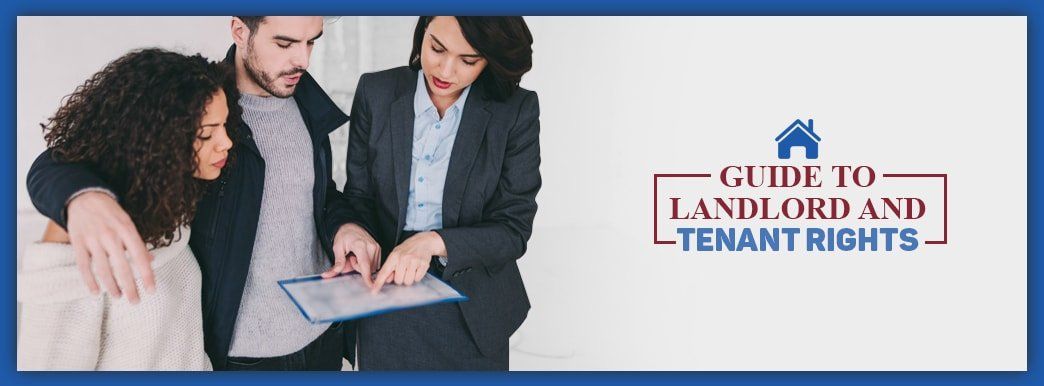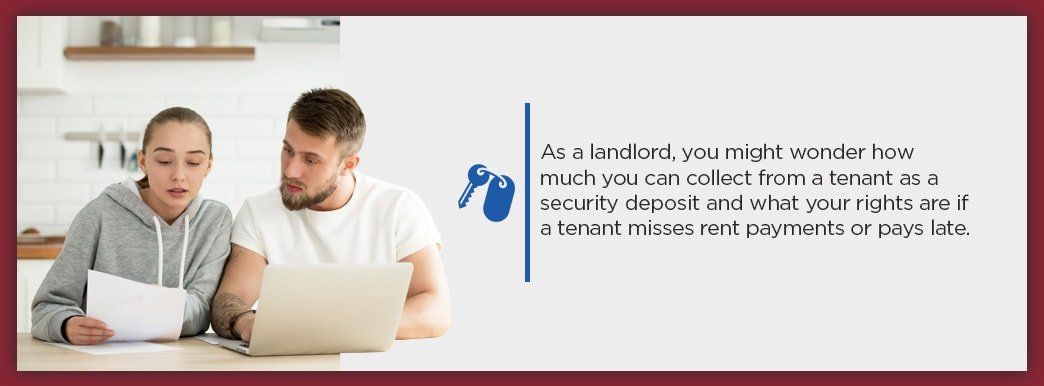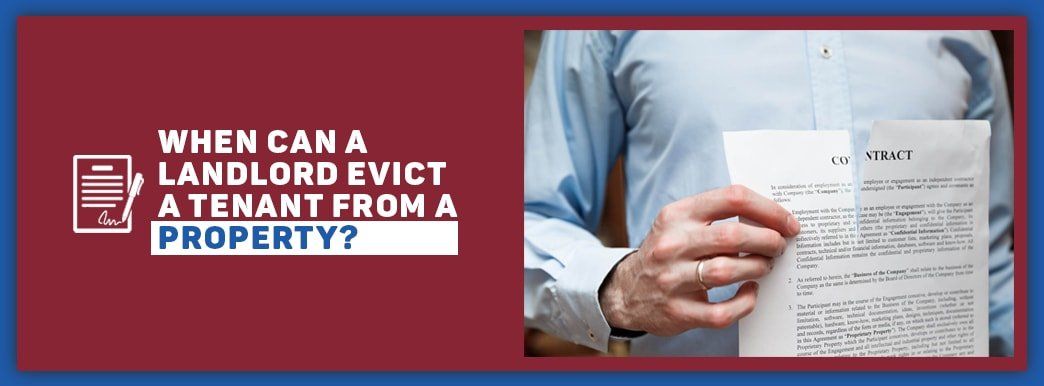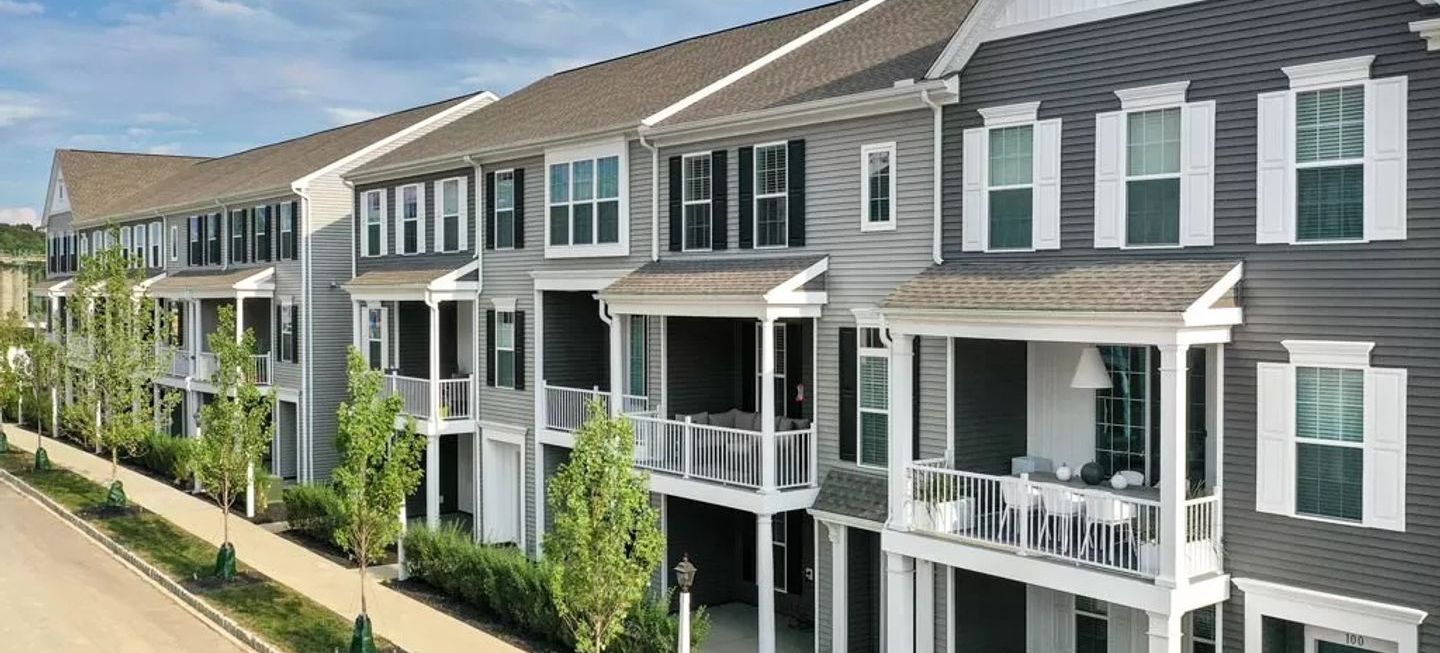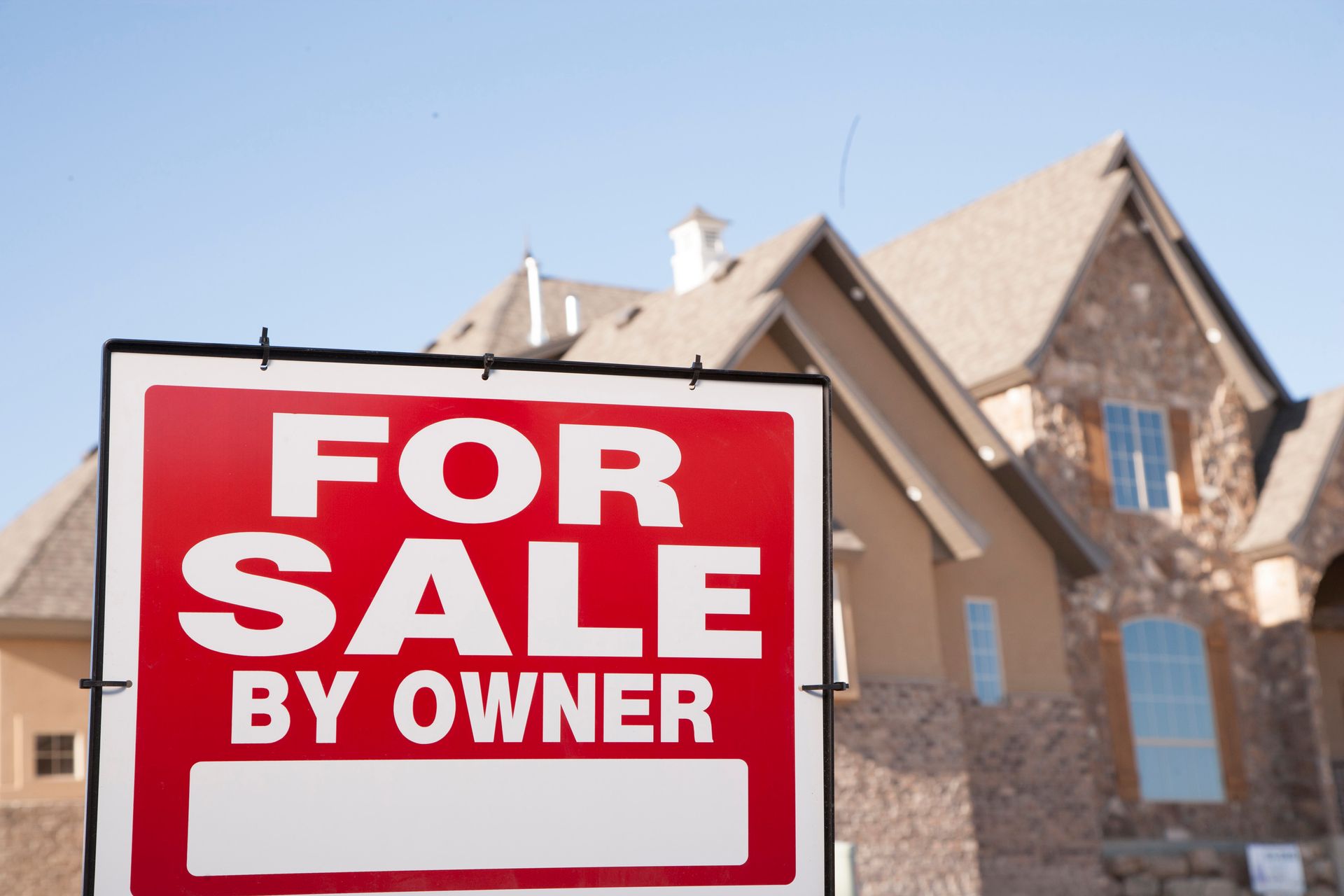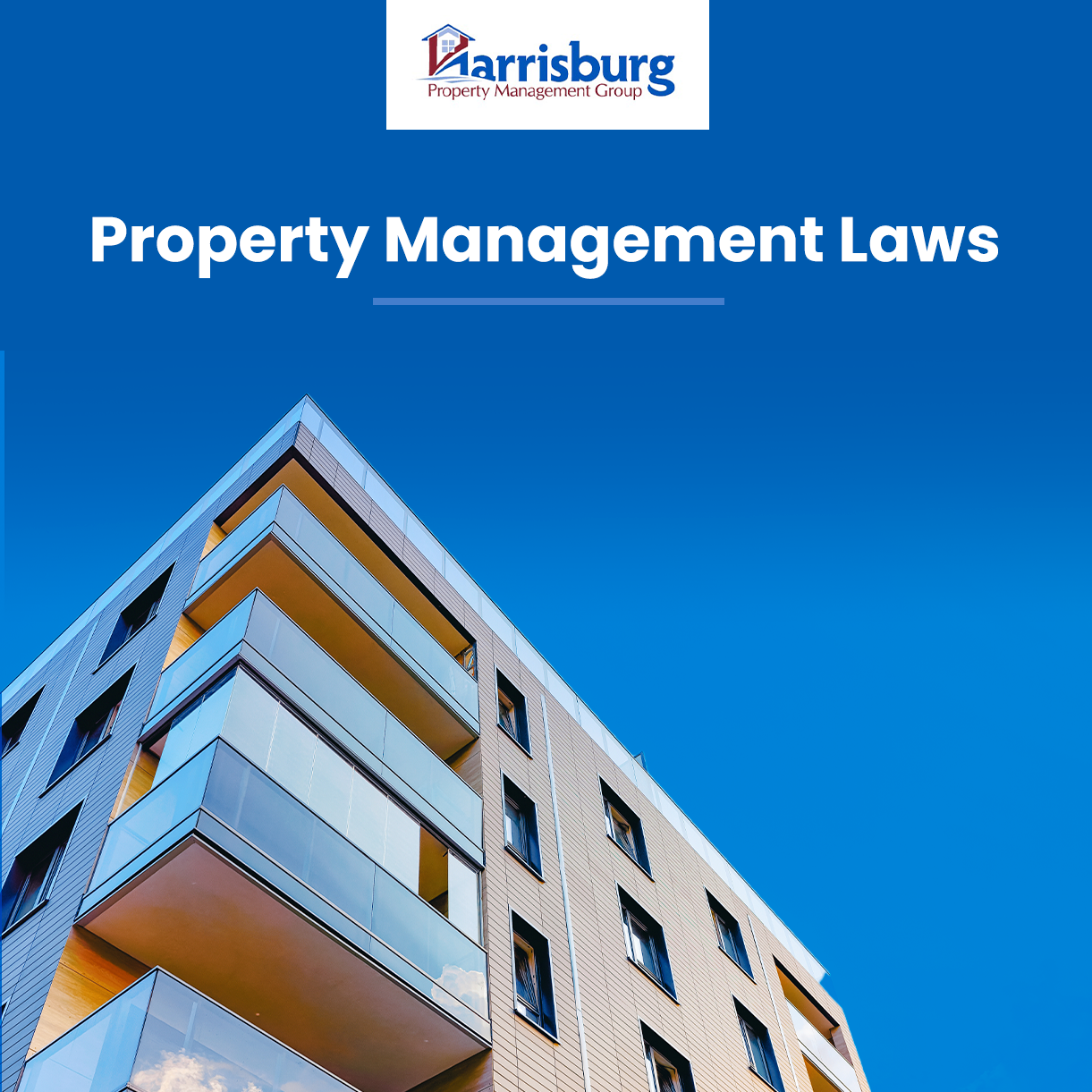Landlord and Tenant Rights Rentals | What You Need to Know
Guide to Landlord and Tenant Rights in PA
Some states have extensive rules and regulations when it comes to the landlord and tenant relationship and landlord and tenant rights. Pennsylvania isn't one of them. The state's landlord-tenant rules are outlined in The Landlord and Tenant Act of 1951. In addition to the state act, landlord and tenant rights in PA are defined by federal law and by the terms of the lease.
To help you gain a better understanding of what your rights are in PA as either a tenant or a landlord, we put together this handy guide. It outlines what you're allowed to do as a landlord and what you can expect or demand as a tenant renting in PA. Importantly, this guide should not serve as an alternative to legal advice from a licensed attorney regarding the facts and circumstances of your specific situation.
Landlord Rights in PA
As a landlord, you might wonder how much you can collect from a tenant as a security deposit and what your rights are if a tenant misses rent payments or pays late. You might also wonder how much leeway you have when it comes to setting rents.
Can a Landlord Collect a Security Deposit in PA?
Collecting a security deposit from a tenant before they move into a property can give you some peace of mind as the landlord. If the tenant ends up causing considerable damage, you have the deposit to fall back on. That said, as a landlord, you can't collect too large of a deposit from your tenants.
Section 250.511a of the Landlord and Tenant Act of 1951 states a landlord can collect up to two months' rent as a security deposit during the first year of the lease. If a tenant remains in the property for more than a year or renews the lease for another term, you can collect up to one month's rent as a security deposit.
If everything goes well and a tenant moves out at the end of their lease term without issue, you have to return the security deposit no later than 30 days after the lease ends. If you deduct anything from the deposit, you need to create an itemized list of damages to provide the tenant along with the remaining balance of the security deposit.
What Can a Landlord Do If a Tenant Wants to Move?
A tenant wants to move out of your property. What are your rights as a landlord? It all depends, in large part, on the terms of the lease. Many leases ask tenants to give notice, usually 30 days for a one-year lease, if they plan on moving at the end of the lease term. The lease should also describe what will happen if no one gives notice at the end of it, and the tenant wants to stay in the property. They might sign a new lease, for a new term of 12 months or longer, or the original contract might convert to a month-to-month arrangement.
What can you do if a tenant decides to or needs to move before the lease ends? The tenant is technically responsible for paying rent on the property until you find a new tenant or the lease term ends, however, it's the responsibility of the landlord to find a new tenant as quickly as possible (i.e., mitigate damages). If a tenant breaks their lease and doesn't have a justifiable reason for doing so, you can continue to collect rent from them until the original lease term is over or you find a new tenant, whichever is shorter. That's not the case in all situations in PA. Specific situations such as going on active duty in the armed forces or moving out because the rental unit is unsafe or uninhabitable, may result in a situation where the tenant is not required to pay rent until the lease term ends or you find a new tenant. The lease terms are critical, but of equal importance is why the tenant needs to move before the lease ends.
What Are a Landlord's Rights If a Tenant Doesn't Pay Rent?
You found a tenant who seemed great on paper. The trouble is, now that they moved into the property, they regularly pay their rent late or sometimes miss payments. Obviously, you, as the landlord, want to receive payment and want to encourage your tenants to pay on time, all of the time. What are your rights and what actions can you take if a tenant misses payments or pays late?
Pennsylvania's landlord-tenant law doesn't describe any limits on late fees or how long you need to wait after a missed payment before you can charge a late fee. If you do decide to charge late fees to tenants who don't pay on time, — you can define what on time means, such as no later than five days after the due date — it's a good idea to make the late fees reasonable to avoid them being struck down by a court for being unreasonable. Don't charge the equivalent of one month's rent as a late fee, for example. A reasonable fee might be $50 or something like 5-10% of the rental price.
When Can a Landlord Evict a Tenant From a Property?
If a tenant fails to pay rent and doesn't have a legally justified reason for doing so, it's your right as the landlord to begin eviction proceedings. Evicting a tenant is an often misunderstood process, though. As the landlord, you need to follow the procedure for eviction, described in the state's landlord and tenant act. As part of the process, you need to provide the tenant with notice that you plan to evict them, you need to file a complaint with the District Justice's office and you need to attend a hearing. If you work with a property management company, it can often handle the eviction process for you during the rental period.
When Can a Landlord Raise Rent?
As a landlord, it's your right to charge rent on the properties you own and lease out to tenants. How much rent you charge is up to you, but will also be influenced by the demands of your local market. If you set your rent prices too high, tenants will look elsewhere. If you set your prices in line with the market rates in your area, you'll likely find tenants quickly.
You also have the right to increase rents as needed, provided you follow specific guidelines. You can't randomly raise rents on tenants in the middle of their lease unless the lease clearly states that you reserve the right to do so. Usually, you can only increase rents at the end of the lease term. If you decide to raise the rent, you should provide the tenant the adequate notice, such as 30 or 60 days before the lease ends, giving them time to decide to accept the new rental rate or to move somewhere else.
What Can a Landlord Do If a Tenant Damages Property?
Your tenant's lease ended, and they moved out. All seemed to go well, except when you visit the property, you discover a sizable hole in one of the walls, or you realize that an appliance broke. What can you do?
Usually, landlords deduct the cost of property damage that goes beyond normal wear and tear from a tenant's security deposit. If you do that, you need to give the tenant an itemized list of damages and charges when you return the remaining deposit.
If the cost of the damage exceeds the value of the security deposit, you can potentially sue the tenant to make up the difference. You can also try billing them for the difference. Often, whether it's worth it to charge the tenant for the extra cost or to take them to court to make up the difference is a judgment call. If the damage is substantial and expensive, it makes sense to try and recoup as much of the cost as possible. But if it's $50 or $100 more than the security deposit, going after the tenant for the difference might cause more trouble than it's worth.
When Can You Enter the Property?
Tenants have the right to quiet enjoyment of the property they lease. What does that mean for you as the landlord? You still have the right to visit the property when needed. You need to give the tenant some notice that you will drop by. PA's law doesn't specifically define how much notice a landlord needs to provide, but 24-hours is usually considered sufficient. Including such terms in your lease is a prudent idea.
Tenant Rights in PA
Landlords aren't the only people with rights in PA. Tenants also have several rights under the state's law. As a tenant, it's a good idea to read your lease carefully before signing it and to ask questions if you don't understand what something means. Your lease should lay out your rights and explain your responsibilities. Some of the rights you have when renting in PA include:
Tenant Rights to Quiet Enjoyment
As a tenant, you have the right to live in and use the rented space, whether it's a home or apartment. That means your landlord can't barge in at any time of the day or night. They can't call you at all hours or send you constant text messages or emails. They can't keep you from entering your home without a reasonable explanation.
It also means others in the building can't disturb you while you reside in your home. For example, a neighbor across the hall or downstairs can't play loud music or invite 10 people over for a loud party at 2 a.m. Other things that can disrupt your quiet enjoyment of your rental home include smoke from a neighboring unit or a dog that barks all day and night.
What can you do if your landlord or neighboring tenants violate your right to quiet enjoyment? Often, problems can solve themselves by talking to the person behind them. If your landlord continually comes over with little or no notice or calls you too frequently, you can gently remind them of your rights. If your neighbor's dog barks all the time or if their smoking bothers you, you can either bring it up with them or mention it to your landlord and ask them to talk to the neighbor — if the person lives in a rental owned by the same landlord.
Tenant Rights to a Safe and Habitable Property
The home or apartment you rent should be safe to live in. That means it should have working hot and cold water, heating, protection from the elements, — i.e., fully-functioning windows and a roof that doesn't leak — smoke detectors and functioning bathrooms. If your rental doesn't have these things, it can be considered uninhabitable.
If your home does have the above and something breaks, you have the right to ask the landlord to fix the issue. If the landlord doesn't take action and correct the problem, PA law gives you the opportunity to "repair and deduct." You can hire someone or make the repairs yourself, then deduct the cost of the repairs from your next rent payment. You'll need to give your landlord a copy of the receipt proving the cost of the repairs.
Before you can exercise your right to "repair and deduct," you must give the landlord reasonable time to make the repairs. It's a good idea to send them notice of the issue in writing and to keep a copy of the notice in case there is a problem later on.
Tenant Rights Concerning the Security Deposit
Your security deposit isn't money you throw into a black hole, never to see again. You should receive the deposit back when you leave the rental, provided you didn't cause significant damage to the property. It's important to understand your landlord can't keep your deposit to pay for normal wear and tear to the property, such as repairing old and worn carpets or replacing an older refrigerator that you didn't break.
You should get your security deposit back within 30 days of the end of the lease. If your landlord doesn't return the full amount to you, they should provide you with a list of damages and the value of the damage.
There is one other thing to note regarding your security deposit rights as a tenant in PA. If you stay in the property for more than two years, and your security deposit is over $100, the landlord needs to put the deposit in an interest-bearing savings account. They need to give you the details of the bank account, as you're entitled to the interest earned by your deposit, however the landlord is permitted to deduct up to 1% for administrative costs. Therefore, in the present and most recent history, where savings accounts earn interest of approximately 0.01%, the permitted administrative costs will outweigh the interest earned.
How Harrisburg Property Management Group Can Help
Both tenants and landlords have rights and obligations under PA's Landlord and Tenant Act of 1951 and amendments. Although the law is clear, there can be some grey areas when it comes to interpreting it and when it comes to making sure everyone's rights are protected. For example, some landlords often try to charge tenants for general wear and tear on a property after they move out. Some tenants mistakenly assume that quiet enjoyment means absolute silence at all times or that the landlord can never visit their property.
Harrisburg Property Management Group understands the intricacies of PA's landlord-tenant law and works to ensure that the rights of both landlords and tenants are met.
We work with landlords to help them manage every step of the rental process, from finding tenants to managing repairs while rentals are occupied, and to marketing a property after a lease ends.
We also work with tenants, helping to ensure the homes they rent are safe, habitable and comfortable to live in. We'll help you find the rental that works with your budget and best meets your needs.
Whether you're a landlord looking for better property management services or a tenant looking for your next home, contact Harrisburg Property Management Group today to explore how we can assist you.

